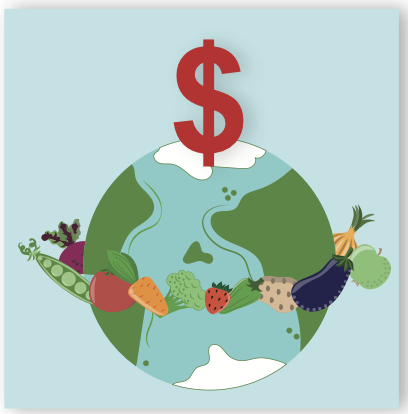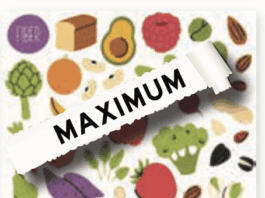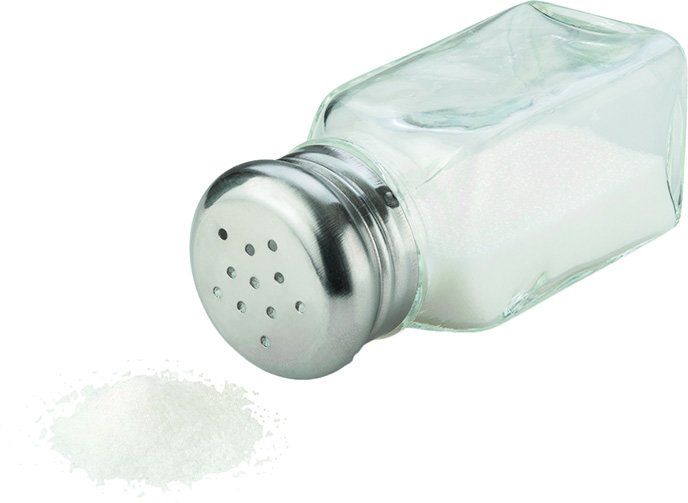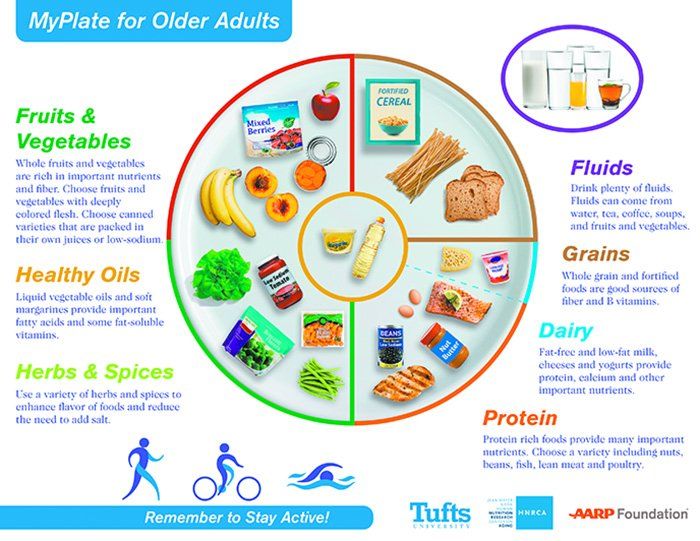Sugary Drink Frequency Drops
More evidence that Americans are getting the message about the negatives of added sugars in liquid form comes from a report showing a sharp drop in the percentage of adults drinking at least one sugar-sweetened beverage a day.
REALITY CHECK 6 Iffy Claims About Reducing Salt
The latest Dietary Guidelines for Americans call for limiting sodium intake to no more than 2,300 milligrams daily. Although the 2015 revision put less emphasis on more restrictive limits for people 51 and older, African-Americans, and those with hypertension, diabetes or kidney disease, that shouldnt be interpreted as a green light to load up on salt.
Updated Nutrition for Older Adults
If you've got your AARP card but you're still eating the way you did in your 20s, it's time for your diet to act your age. While most nutritional guidance is "ageless," you do need to make some adjustments to fit the changing needs of your aging body.
Q. Do black walnuts have nutritional characteristics similar to other walnuts?
Q. Do black walnuts have nutritional characteristics similar to other walnuts?
Q. How do the nutrition and probiotic benefits of kefir compare with those of...
Q. How do the nutrition and probiotic benefits of kefir compare with those of Greek yogurt?
Q. Does it matter when I eat fruit? Should I eat fresh fruit before...
Q. Does it matter when I eat fruit? Should I eat fresh fruit before lunch and before dinner or after lunch and after dinner?
Protein at Breakfast and Lunch Boosts Muscle Mass
Americans' craze for plenty of protein may be missing the point, at least as it applies to older adults. For protecting against frailty and retaining muscle mass, when you consume your protein might be as important as how much.
Whole Grains Slowly Gaining
Efforts to increase whole grains' share of total grain consumption are slowly paying off, but most Americans still fall far short of targets for whole-grain intake.
Going Gluten-Free Fails to Boost Athletic Performance
Many athletes are going gluten-free in hopes of boosting their performance, even without a diagnosis of celiac disease that requires eliminating gluten. A small but well-designed Australian study finds theyre likely to be disappointed.
2015 Dietary Guidelines for Americans: The Good, the Bad and the Ugly
[IMGCAP(1)] Earlier this year, the federal government released the new Dietary Guidelines for Americans (DGAs). (See our March Special Report.) As a cardiologist, public-health advocate and nutrition scientist, I see a lot of good in the DGAs. First, the DGAs emphasize healthful eating patterns and foods. This is an advance over past guidelines, which focused more on isolated nutrient targets. Modern nutrition science tells us that, for preventing major diseases like obesity, diabetes, heart disease and cancers, its…




























